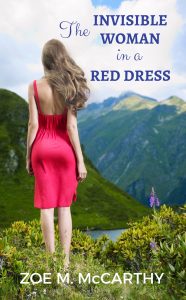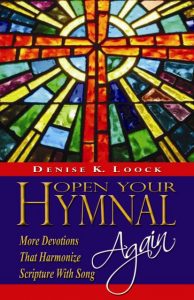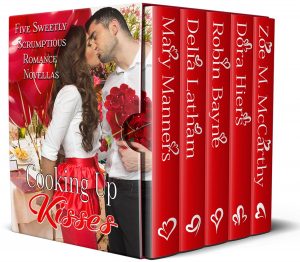Prepare, Escape, Progress
I didn’t believe it would work, but it did.
Prepare
It was hellish. I’d be gone twelve days on vacation. Blog posts still needed to be written and published. I had endorsements to garner for my nonfiction book on writing. Another publisher required I fill out four work-intensive forms on their system. I had interview questions to answer.
I didn’t write one word on my story the week before we left for the Dominican Republic. That week, as I worked hard to get tasks done in advance, I made myself a promise, one I wasn’t sure I could keep. I told myself I’d have fun writing my story while sipping a virgin lime concoction and lounging on the beach under palms swaying in the Punta Cana breezes.
Escape
Once the airplane lifted off a Charlotte, NC runway, my muscles relaxed. I opened my MacBook Air, and I was no longer on the stuffy airplane but in my fictional town, falling in love with my hero and enjoying the cleverness of my heroine.
 We arrived in Punta Cana at a resort we enjoy. Just as I remembered, the breezes chased away heat and humidity, the bright sunshine danced on aqua water, and fronds on tall palms provided shade. We spent the rest of the travel day orienting our children and grandchildren to the resort. We’d invited them along for the first six days. Then we lavished our tummies on the endless offerings the main restaurant laid out in numerous buffets. No meals to plan, shop for, or prepare.
We arrived in Punta Cana at a resort we enjoy. Just as I remembered, the breezes chased away heat and humidity, the bright sunshine danced on aqua water, and fronds on tall palms provided shade. We spent the rest of the travel day orienting our children and grandchildren to the resort. We’d invited them along for the first six days. Then we lavished our tummies on the endless offerings the main restaurant laid out in numerous buffets. No meals to plan, shop for, or prepare.
Progress
 I spent time with my family, snorkeling, sailing on a small catamaran with my husband, and building sand castles with the kids. But while they enjoyed the sun at the pool and my husband windsurfed, I crept away to my favorite beach spot, where my fingers translated the images in my mind into words on my MacBook Air.
I spent time with my family, snorkeling, sailing on a small catamaran with my husband, and building sand castles with the kids. But while they enjoyed the sun at the pool and my husband windsurfed, I crept away to my favorite beach spot, where my fingers translated the images in my mind into words on my MacBook Air.
It was almost heaven. When I needed to mull over a scene, I closed the laptop and looked at water, sand, and palms, instead of the piles of papers from ten different marketing projects on my desk, table, and floor, those annoying stacks that always made me feel anxious. In our room for an hour before breakfast and another before turning out the lights, I inserted all the cool edits that rose in my uncluttered mind during the night or day.
 This most enjoyable time away taught me how important vacations or retreats are. Time away from all the tasks that are not writing and from our homes and their problems can unleash creativity. (Our freezer died and the hot water heater started leaking right before we left.)
This most enjoyable time away taught me how important vacations or retreats are. Time away from all the tasks that are not writing and from our homes and their problems can unleash creativity. (Our freezer died and the hot water heater started leaking right before we left.)
The place doesn’t have to be ten days on a tropical island. It could be a
week in a cabin by the river,
weekend in a motel with a view,
day in a national forest,
housesitting someone’s house, or
camping at a lake.
Writing on vacation can be fun and highly productive. Click to tweet.
When have you been away from home and enjoyed a productive writing session?
Candace Parks lives a passionless life in Richmond, Virginia. The computer programmer returns to the empty family home in the Blue Ridge Mountains to evaluate her job, faith, and boyfriend. Her high school crush, star football player and prom king Trigg Alderman, is in Twisty Creek visiting his grandmother who lives next door to Candace’s family home. He doesn’t recognize her at first and remembers little about her. He’s not alone. Candace’s rekindled attraction to Trigg adds unexpected complications to finding her passions. Sorting her life out? How about nothing of the sort!


















 RSS - Posts
RSS - Posts